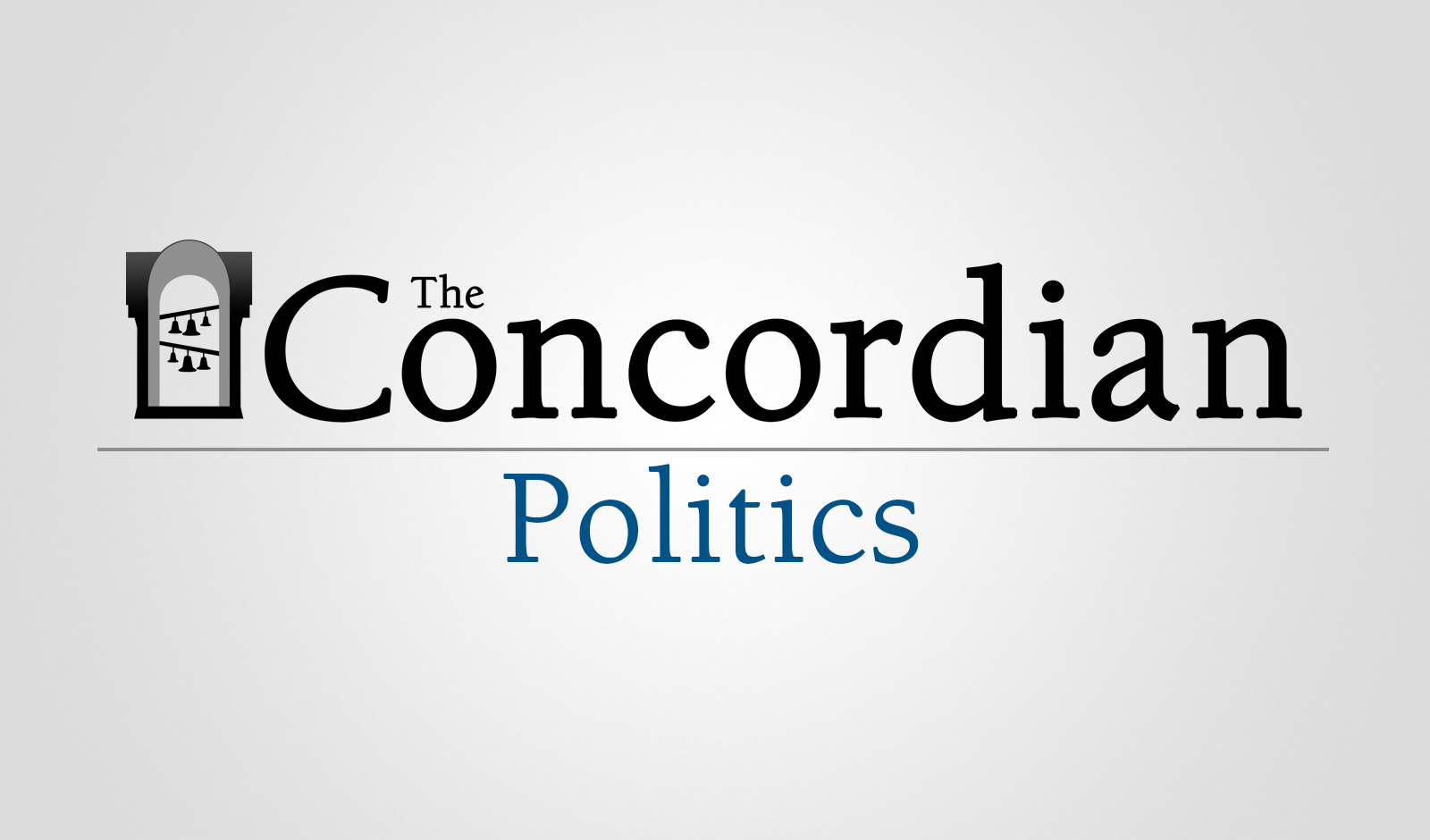Why does the Obama administration need to continue pretending that we are completely justified in spying on the personal communication of the leaders of friendly nations? The administration wants to have its cake and eat it too. You can claim to trust your allies and work towards closer multilateral ties, but spying on the leaders of a friendly, democratic regime can do nothing but undermine that trust. Perhaps if the target of monitoring is suspected of providing support to terrorists the shadowing is warranted, but the chancellor of Germany? How exactly is she a threat to American security? Germany has been one of the U.S.’s closest and most stable allies for over half a century. The spying on Chancellor Merkel is even more insulting to the Germans when one considers the relatively recent example of the East German Stasi, who monitored almost everyone in the country through an oppressive surveillance regime. If the main objective of the American surveillance programs was national security, then how is something like this warranted?
This kind of paranoia is not uncommon within American foreign policy. The Cold War was filled with examples of spying on foreign governments, even allies, to make sure that Soviet influence was being contained. There were few people who questioned the legitimacy of the spying program when the USSR was around. And in the post 9/11 furor over security the passage of the Patriot Act, which gave the government wide-ranging powers of surveillance, was legitimized by this new, shadowy enemy. The American public didn’t understand fully what it was dealing with and this type of terror warfare didn’t lend itself to traditional diplomatic methods. The knee jerk reaction was of course to see enemies behind every tree and under every rock. This sort of atmosphere is hardly conducive to democratic restraint.
Perhaps the permissive attitude towards wide ranging spying that has been present since 9/11 is finally subsiding. There are still those who steadfastly insist that these powers are necessary to protect us in an age of uncertainty. But what does the bulk collection of data really accomplish besides alienating both foreign allies and constituents at home? If the Obama administration is truly committed to preserving our democratic ideals, then let it apply for subpoenas to search our own citizens, and even foreign citizens who have been proven to pose a significant security threat to the United States. The burden of proof should be on the administration to prove that the surveillance is necessary in order to protect a definite American interest. Spying on everyone carte blanche may bring some valuable information and protect American lives. But what can the targeting of friendly dignitaries do except cause indignation upon their discovery? I’m not about to suggest that the U.S. should give up espionage. It is a valuable tool in the efforts to establish national security. I merely believe that the application of spying should be much more limited than it is now, and that the U.S. should draw down some of the espionage infrastructure that has been built in the last decade.

